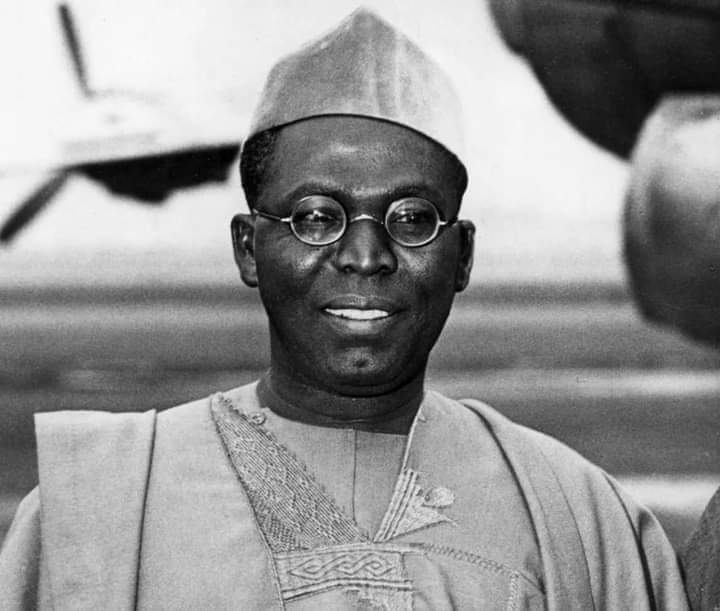
Frederick Forsyth in his 1969 book "The Making of an African Legend: The Biafran Story," argues:
Chief Awolowo had just returned from a visit to Colonel Ojukwu in Enugu and he had been able to witness for himself (which others scrupulously refrained from doing) the depth of feeling in the East. According to Colonel Ojukwu, Awolowo had asked if the East would pull out, and the reply had been it would not until and unless it was absolutely offered no other alternative.
After seeing the situation for himself, Awolowo sympathized with the sufferings of the Eastern people, and asked that if the East was going to pull out, he be allowed twenty-four hours forewarning and he would do same for the West. This he was promised. Later he got his forewarning, but by that time he had been swayed round by other attractions, and failed to fulfil his intent. From the point of view of the Yorubas it was a pity, for if Awolowo had stuck to his guns the Federal Government, unable to face two simultaneous disaffections, would have been forced to fulfil the Aburi agreements to the letter.
Had it done so, Nigeria would probably be at peace today, not as a unitary state of twelve provinces, but as a Confederation of quasi-autonomous states living in harmony.
===
Note:
On 1 May 1967 at the Yoruba Leaders of Thought meeting in Ibadan, Awolowo listed as one of his four imperatives for peace in Nigeria that: “If the Eastern Region is allowed by acts of omission or commission to secede from or opt out of Nigeria, then the Western Region and Lagos must also stay out of the Federation.”
Defending Awolowo in his 2009 book “Awo: Unfinished Greatness,” Olufemi Ogunsanwo posits:
Chief Awolowo has defended his conduct as far as the accusations against him on the 'Biafran question’ was concerned. What was the main grouse against him as perceived by the avarage Igbo at the time? First, it was claimed that after the Igbos, led by Ojukwu, seceded from Nigeria, Awolowo refused to follow suit by taking the West out of the federation in May 1967. Instead of doing so when he had declared in Ibadan that if the East was pushed out, the West would quit the federation, he added the weight of his political acumen and expertise in managing the economy to help Gowon's administration to subdue the secessionists...
Chief Awolowo has refuted all these charges as a "blatant misrepresentation of the facts". First, he denied luring anybody to secession and war. He said his speech at the Yoruba Leaders of Thought meetin in Ibadan in May 1967 "could not and was not an invitation or a goading to secession or the dismemberment of the country". He stated that his 'Four Imperatives’ speech contained nothing to suggest secession. All he said was that the East should not be bullied out of the federation. Was the East forced out? Awolowo argued that: “It insults the intelligence of the Igbos as a group to imply that they were heartened to opt for secession on the basis of my speech.” On the contrary he had advocated on the eve of the war that: “The Eastern Region must be encouraged to remain [as a] part of the Federation".
He did not stop with mere admonishment and platitudes in his caution. He took the risk of travelling by road to Enugu in the middle of the crisis to lead a delegation to plead with Ojukwu to relent and take the cautious road to save precious lives on the battlefield. Ojukwu refused.
===
Obafemi Awolowo was Federal Commissioner for Finance and Vice Chairman of the Federal Executive Council in the Gowon government during and immediately after the civil war.


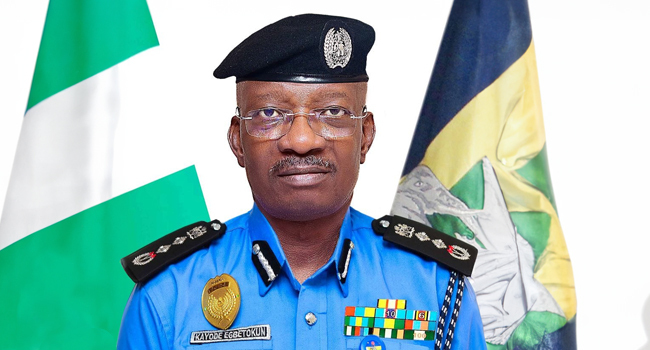

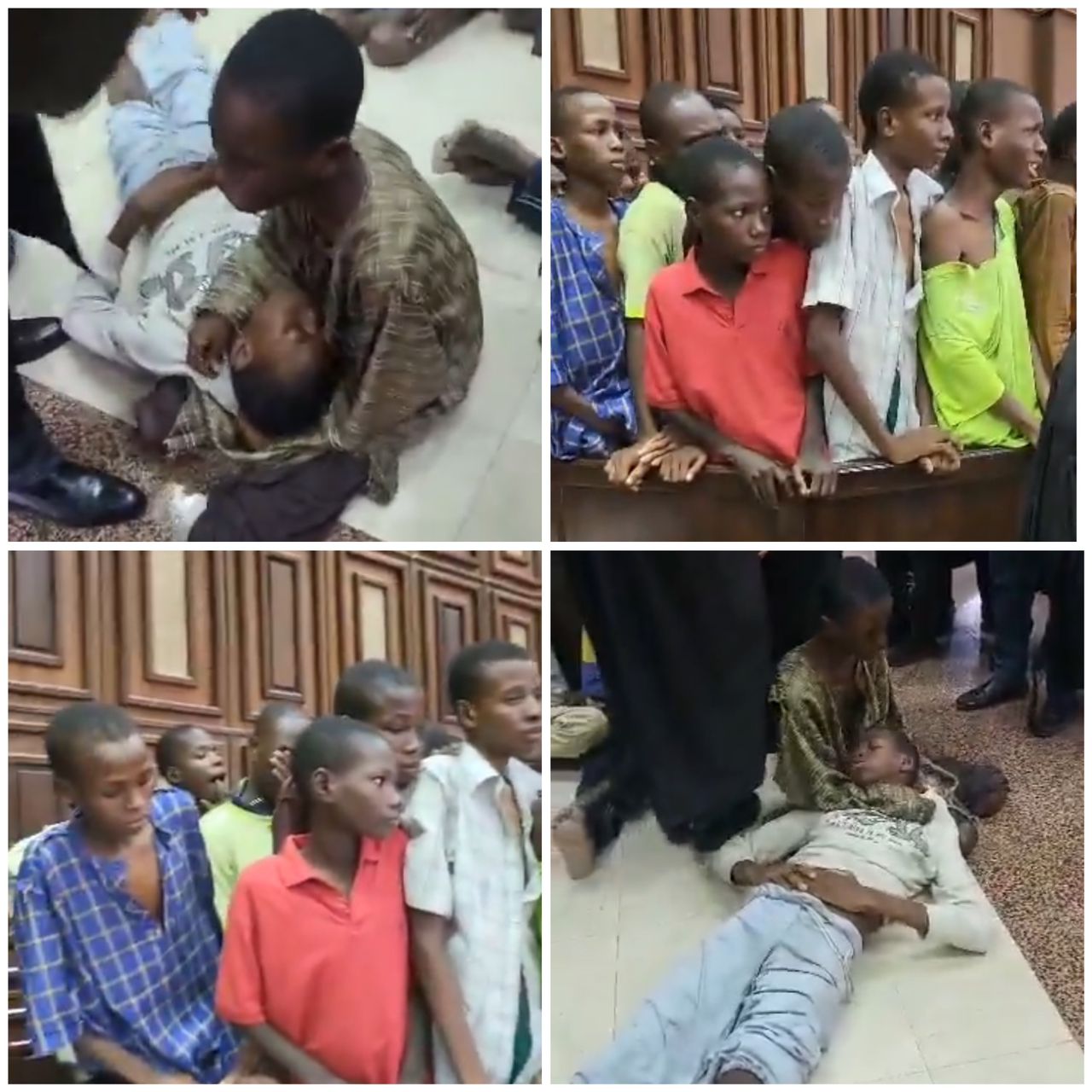
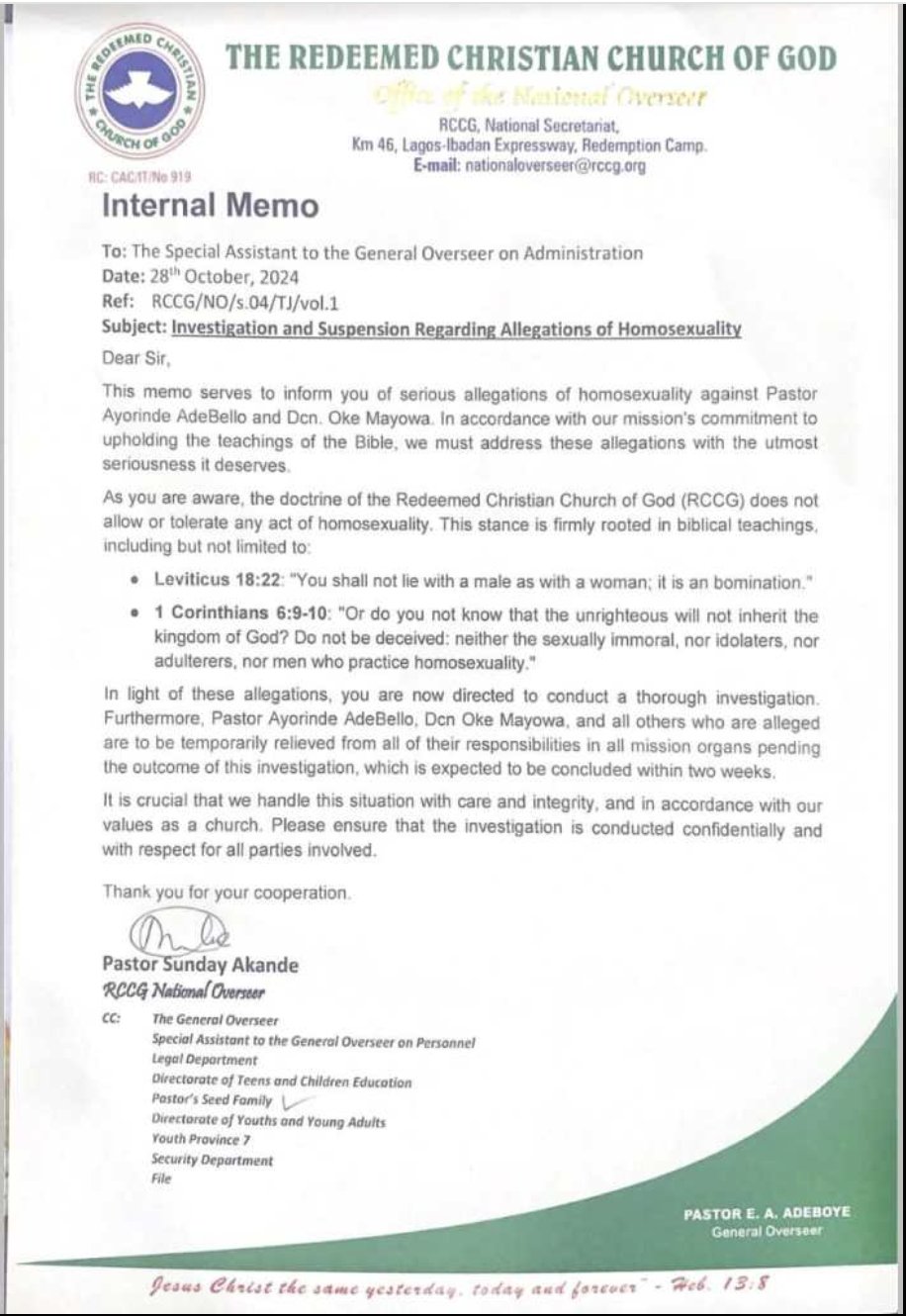
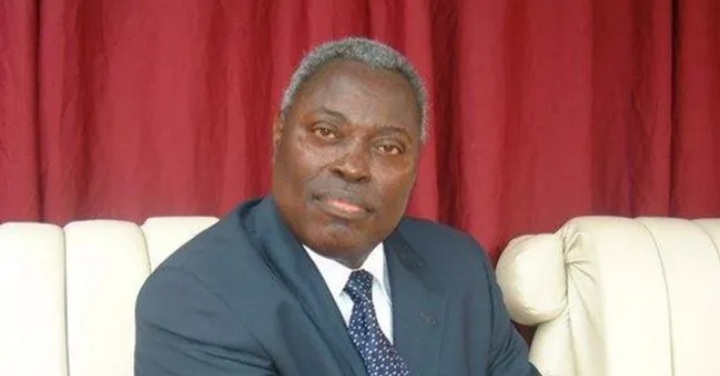
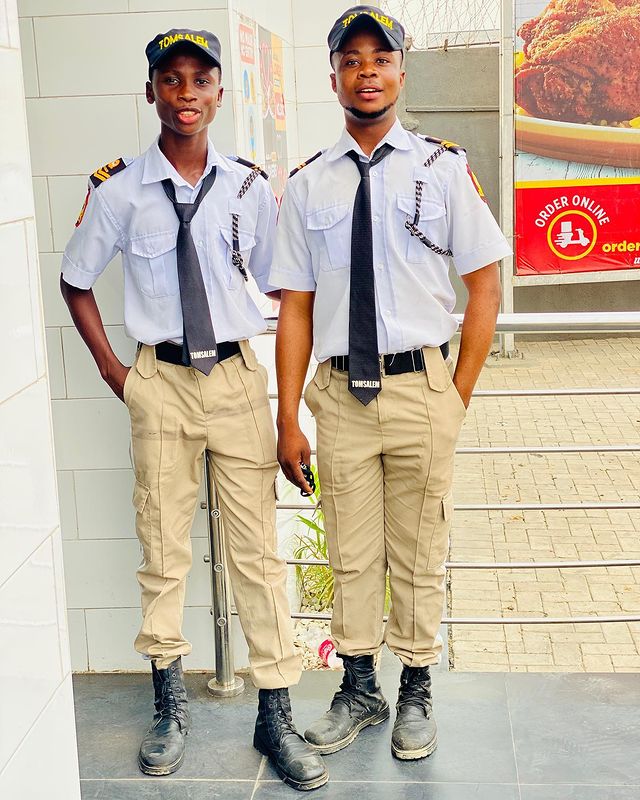

Leave a comment